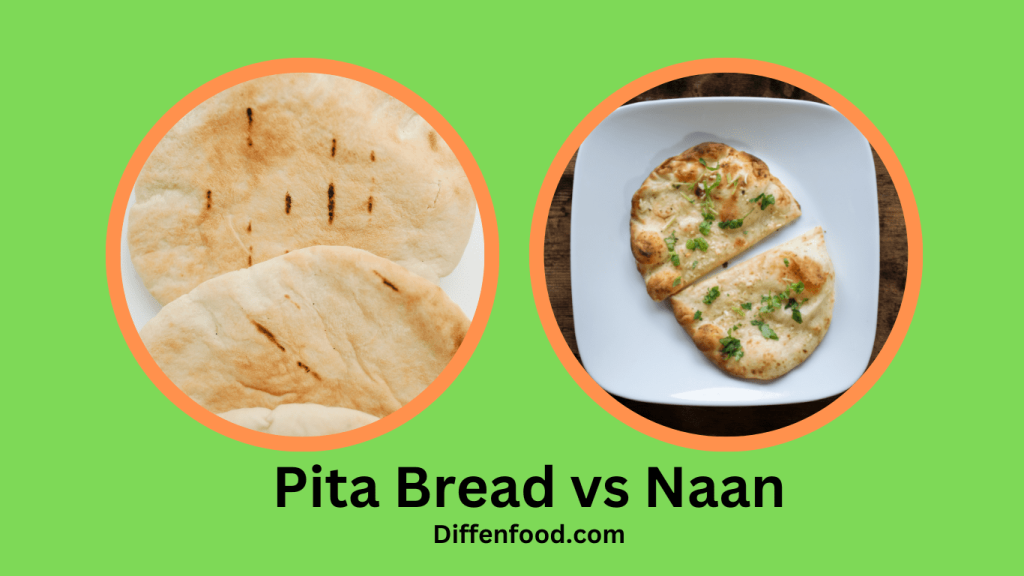
Cooking oils are essential in daily life. It can be used in various cooking applications such as frying, sautéing, baking, and dressing. Among the many types of cooking oils available, two of the most popular are canola oil and olive oil. Both oils are known for their health benefits and culinary versatility. However, they differ in taste, composition, and cooking suitability. This article will examine the differences between canola oil and olive oil.
Canola Oil
People derive canola oil from rapeseed, which is a type of vegetable oil. Canola oil has a neutral taste and light texture, making it a popular choice for cooking.
Olive Oil
People extract olive oil from the fruit of the olive tree, making it a type of oil. It has been a staple in Mediterranean cuisine for centuries and is known for its distinct flavor and health benefits.
Difference In Taste and Flavor Profile

Canola oil has a neutral taste and aroma, making it a popular choice for cooking. Its mild flavor doesn’t overpower other ingredients in a dish, and its light texture makes it suitable for many different types of dishes. On the other hand, olive oil has a distinctive flavor and aroma that varies depending on the variety and quality of the oil. People commonly use it in Mediterranean cuisine, and its taste varies from fruity and grassy to peppery and bitter.
Difference In Composition and Nutritional Value
The compositions and nutritional values of canola oil and olive oil differ.
Canola oil has high amounts of monounsaturated and polyunsaturated fats, including omega-3 fatty acids, which can lower cholesterol levels, reduce the risk of heart disease, and benefit brain health. People consider it as a source of “good” fats.
On the other hand, olive oil has a higher proportion of saturated fat than canola oil, but it is rich in antioxidants such as vitamin E and phenolic compounds. These antioxidants can protect against oxidative stress and inflammation. Olive oil also contains monounsaturated fats.
Difference In Cooking Suitability
Canola oil and olive oil are suitable for different cooking methods. Canola oil has a high smoke point, which makes it ideal for high-heat cooking techniques like frying, baking, and grilling. Its neutral taste also makes it a good option for baking.
However, since olive oil has a lower smoke point compared to canola oil, it is not advisable to use it for high-heat cooking. Instead, it is better for low to medium-heat cooking methods like sautéing and roasting, where its unique flavor can enhance the dish.
Difference In Health Benefits

Canola oil and olive oil offer distinct health benefits. Canola oil is rich in “good” fats and omega-3 fatty acids, which can lower cholesterol levels and reduce the risk of heart disease. Additionally, its vitamin E content provides antioxidant protection against cellular damage. Olive oil, like canola oil, is high in “good” fats that can lower cholesterol and reduce the risk of heart disease. It also has antioxidants that can protect against oxidative stress and inflammation.
Conclusion
Canola oil and olive oil are both healthy and versatile cooking oils, but they differ in taste, composition, cooking suitability, and health benefits. Canola oil has a neutral taste, high smoke point, and is high in “good” fats and omega-3s, making it a versatile choice for cooking. Olive oil has a distinctive flavor, lower smoke point, and is high in antioxidants, making it a great option for dressings, dips, and low to medium-heat cooking methods. When it comes to choosing between the two, it ultimately comes down to personal preference, the type of dish you are cooking, and the cooking method you are using.
FAQ
Canola oil is made by extracting oil from rapeseed using a mechanical or chemical process. Olive oil is made by crushing olives and then separating the oil from the pulp.
Canola oil is higher in monounsaturated and polyunsaturated fats, while olive oil has more saturated fat. Canola oil is also higher in omega-3 fatty acids and vitamin E, while olive oil is higher in antioxidants.
Canola oil has a higher smoke point than olive oil, making it better suited for high-heat cooking methods like frying and grilling.
In some cases, you can substitute one oil for the other, but it may affect the flavor and texture of the dish. For example, olive oil may add a stronger flavor to baked goods than canola oil.
Canola oil is better for high-heat cooking methods due to its higher smoke point.


